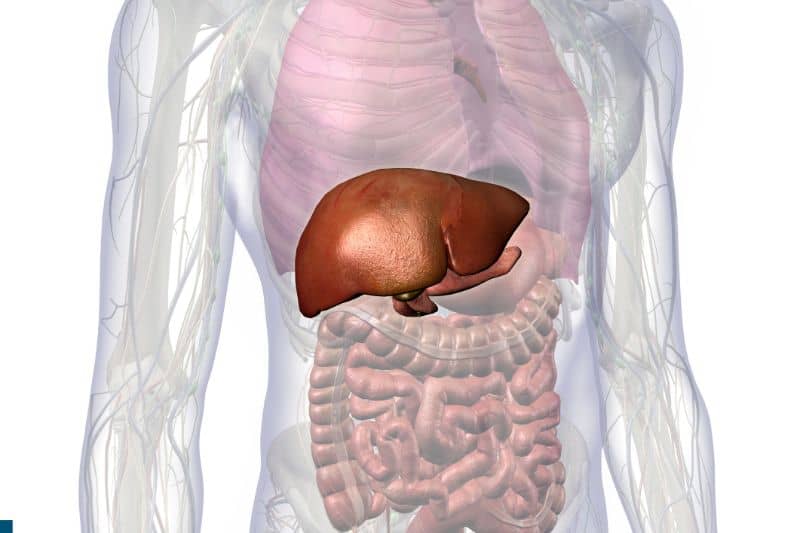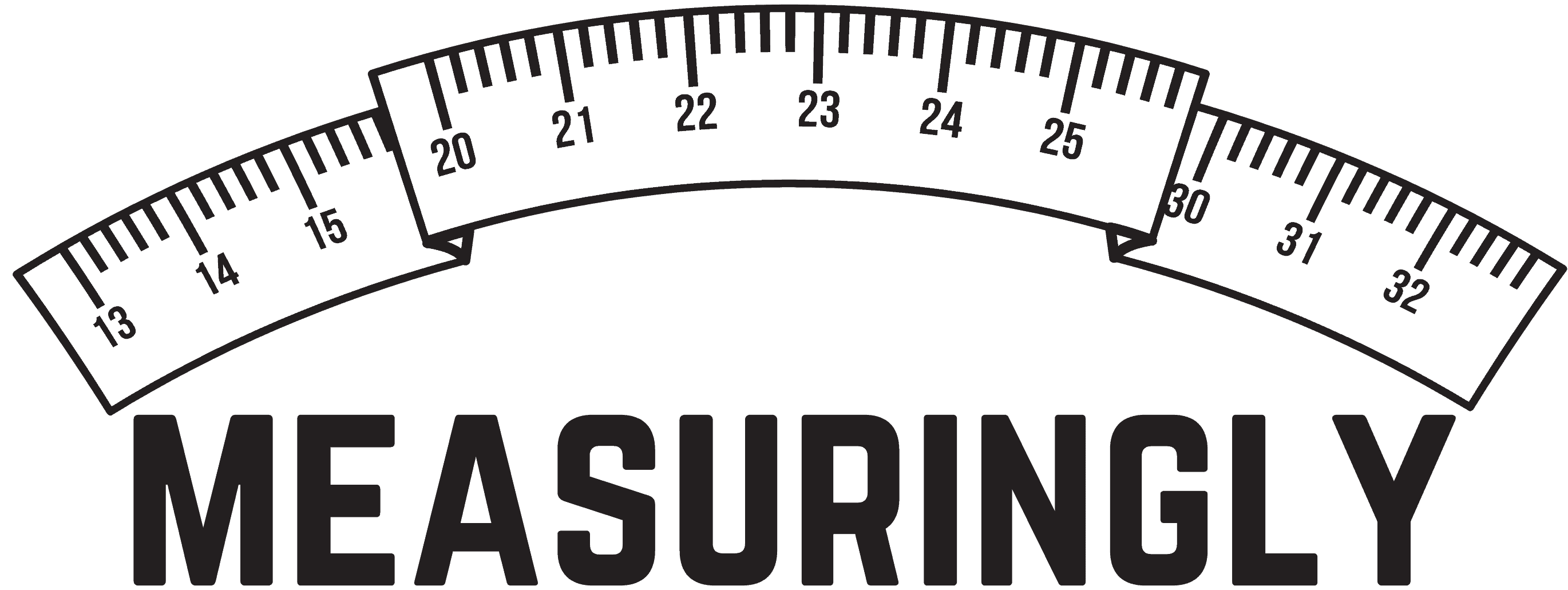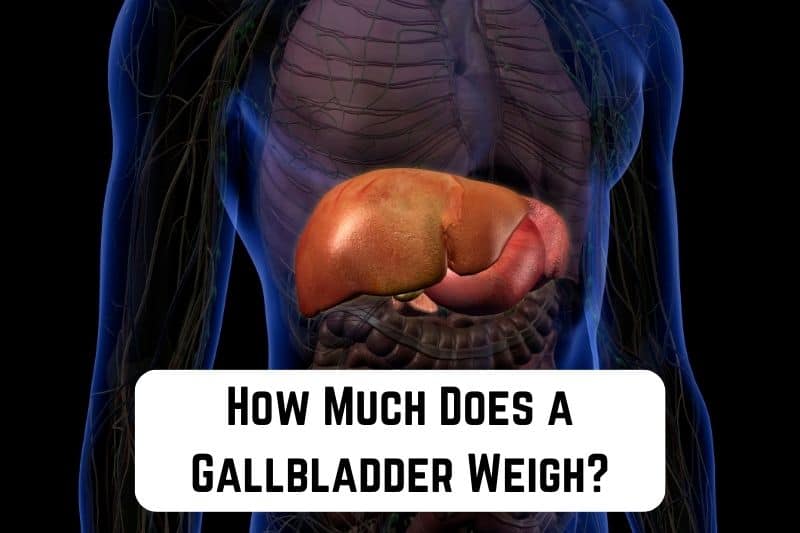If you’ve ever wondered about the weight of the human gallbladder, you’re not alone. The gallbladder is a small, pear-shaped organ located under the liver, which stores and releases bile to help digest fats in the food you consume. Knowing the weight of this essential organ can shed light on its function and importance in the human body.
The weight of a gallbladder may vary from person to person, depending on factors such as age, sex, and overall health. On average, a healthy adult gallbladder weighs about 40 to 50 grams, or around 1.5 ounces. It’s important to note that factors like inflammation or gallstones can cause the gallbladder’s weight to increase.
Let’s explore how the gallbladder’s size and weight can impact its function, and why understanding its weight can be useful in certain situations like medical evaluations or surgical procedures. Remember, staying informed about your body’s organs is essential for maintaining good overall health.
Read: How Much Does a Heart Weigh?
Your gallbladder is a small organ, generally measuring about 3 to 4 inches (7.6 to 10.2 cm) in length and 1 to 2 inches (2.5 to 5 cm) in diameter. It can hold about 1.7 to 2.3 fluid ounces (50 to 70 ml) of bile, which may vary depending on individual factors. The weight of an empty gallbladder typically ranges from 1.4 to 2.8 ounces (40 to 80 grams).
Measuringly.com
Gallbladder Basics
Function
Your gallbladder is a small, pear-shaped organ that stores bile produced by your liver. Bile is a fluid that helps you digest fats in your diet. When you eat something fatty, your gallbladder releases bile into your small intestine through the common bile duct. This allows the fats to be broken down and absorbed by your body.
Location
The gallbladder is located in the right upper quadrant of your abdomen, just beneath your liver. It’s tucked between the liver and the first part of your small intestine, called the duodenum. The close proximity to the liver and small intestine allows for efficient bile storage and release when needed.
Size
Your gallbladder is a small organ, generally measuring about 3 to 4 inches (7.6 to 10.2 cm) in length and 1 to 2 inches (2.5 to 5 cm) in diameter. It can hold about 1.7 to 2.3 fluid ounces (50 to 70 ml) of bile, which may vary depending on individual factors. The weight of an empty gallbladder typically ranges from 1.4 to 2.8 ounces (40 to 80 grams). When filled with bile, it can weigh slightly more.
Remember, the size and weight of your gallbladder may vary based on factors such as age, body size, and overall health.
Gallbladder Weight
Your gallbladder is a small, pear-shaped organ that sits just below your liver. Its main function is to store and concentrate bile, which helps break down fats in the food you eat. But how much does this little organ actually weigh? In this section, we’ll discuss the typical weight range of a gallbladder and the factors that may affect its weight.
Weight Range
The weight of a gallbladder can vary, but generally, it falls within a specific range:
- Empty Gallbladder: When empty, most gallbladders weigh between 20 to 30 grams (0.7 to 1.1 ounces).
- Full Gallbladder: A full gallbladder can weigh a bit more, ranging from 30 to 50 grams (1.1 to 1.8 ounces).
These numbers might seem quite low, but remember that the gallbladder is a small organ designed to efficiently perform its bile storage and secretion functions.

Factors Affecting Weight
The weight of your gallbladder can be affected by several factors, including:
- Age: As you age, the elasticity of your gallbladder may decrease, possibly leading to small weight fluctuations.
- Gender: Women tend to have slightly smaller gallbladders than men, which means they might also weigh less.
- Bile Volume: The weight of your gallbladder can vary depending on the quantity of bile stored in it at any given time.
- Gallstones: The presence of gallstones can contribute to an increase in your gallbladder weight. Gallstones are hardened deposits of bile and other substances that can vary in size and number.
By understanding the typical weight range of the gallbladder and the factors that can affect its weight, you can better appreciate the role this small yet vital organ plays in your overall health.
Read: How Much Does a Kidney Weigh: Your Guide to Kidney
Associated Medical Conditions
Gallstones
Gallstones are small, hard deposits that can form inside your gallbladder. They can vary in size and can be as small as a grain of sand or as large as a golf ball. Gallstones can cause pain and discomfort if they block the bile ducts. Some factors that increase your risk for gallstones include obesity, a high-fat diet, and a family history of gallstones.
You can maintain a healthy weight, eat a balanced diet, and exercise regularly to prevent gallstones. If you already have gallstones, your doctor may recommend medications or surgery to remove them.
Cholecystitis
Cholecystitis is the inflammation of the gallbladder, often caused by gallstones blocking the bile ducts. This condition can cause severe pain in your upper right abdomen, fever, and nausea. If left untreated, cholecystitis can lead to serious complications, such as a ruptured gallbladder or infection.
To manage cholecystitis, your doctor may prescribe medications to control pain and inflammation or recommend surgery to remove your gallbladder.
Gallbladder Polyps
Gallbladder polyps are growths that protrude from the lining of your gallbladder. Most polyps are harmless and don’t cause any symptoms, but some may develop into cancer over time. Your risk for gallbladder polyps increases with age and a history of gallstones.
If you have gallbladder polyps, your doctor may monitor them with regular ultrasound exams to check for any changes in size or appearance. In some cases, your doctor may recommend surgery to remove the polyps or your entire gallbladder.
Recovery and Diet
Post-Surgery Recovery
After your gallbladder surgery, it’s normal to feel some discomfort and pain. Your healthcare team will provide you with pain relief medication to help manage this. It is important to follow their recommendations for activity and healing. Some suggestions include:
- Rest: Take it easy for the first few days, but gradually increase your activity level as you feel better.
- Incision care: Keep the area clean and dry, and watch for any signs of infection, such as redness, swelling, or discharge.
- Avoid heavy lifting: Refrain from lifting anything heavier than 10 pounds for at least a few weeks after surgery.
Dietary Considerations
Adapting your diet to a gallbladder-friendly lifestyle is crucial for a smooth recovery. Here are some tips to help you:
- Start slowly: In the first few days after surgery, stick to small, frequent meals and focus on clear liquids like water, tea, and broth.
- Introduce foods gradually: As you feel more comfortable, add in soft foods, including applesauce, pudding, and yogurt.
- High-fiber diet: Incorporate more fruits, vegetables, and whole grains into your meals to aid in digestion and maintain a healthy weight.
Some additional dietary guidelines:
- Limit fatty foods: Avoid greasy, fried, or high-fat items, as these may be difficult for your body to digest.
- Stay hydrated: Drink plenty of water throughout the day to support your digestion and overall health.
- Eat smaller, frequent meals: Instead of three large meals, try consuming multiple smaller portions to put less strain on your digestive system.
Remember, it’s essential to communicate with your healthcare team during the recovery process and adjust your diet based on their recommendations. With time, patience, and care, you can gradually transition back to a more regular diet and regain your energy after the surgery.
Read: How Much Does a Human Skeleton Weigh?
How Much Does a Gallbladder Full of Stones Weigh?
When you’re curious about the weight of a gallbladder full of stones, it’s important to keep in mind that the weight can vary significantly. This is due to the differences in the gallstones’ number, size, and composition.
Typically, an empty gallbladder weighs between 1.2 to 1.5 ounces (30-40 grams). However, when filled with stones, its weight can increase considerably. Small gallstones (the size of a grain of sand) can be present in large numbers, while larger gallstones (the size of a golf ball) will add more weight.
Gallstones are mainly comprised of cholesterol, bilirubin, and various minerals. If you have predominantly cholesterol-based stones, their weight will be slightly lower than those composed of bilirubin and minerals. The weight is also influenced by the density of the gallstones, which depends on their composition.
To give you a rough idea, here’s a breakdown of how the weight might vary based on the size and number of gallstones:
- Small gallstones (100-200 stones):
- Weight: 0.1 to 0.35 ounces (3-10 grams)
- Medium-sized gallstones (20-50 stones):
- Weight: 0.35 to 1.75 ounces (10-50 grams)
- Large gallstones (1-5 stones):
- Weight: 1.75 to 3.5 ounces (50-100 grams)
Keep in mind that these are just estimates and every case of gallstones is unique. The weight of a gallbladder full of stones will depend on various factors, including an individual’s anatomy, the type of stones, and the stage of the condition. It’s always best to consult with a healthcare professional for personalized information and analysis.







